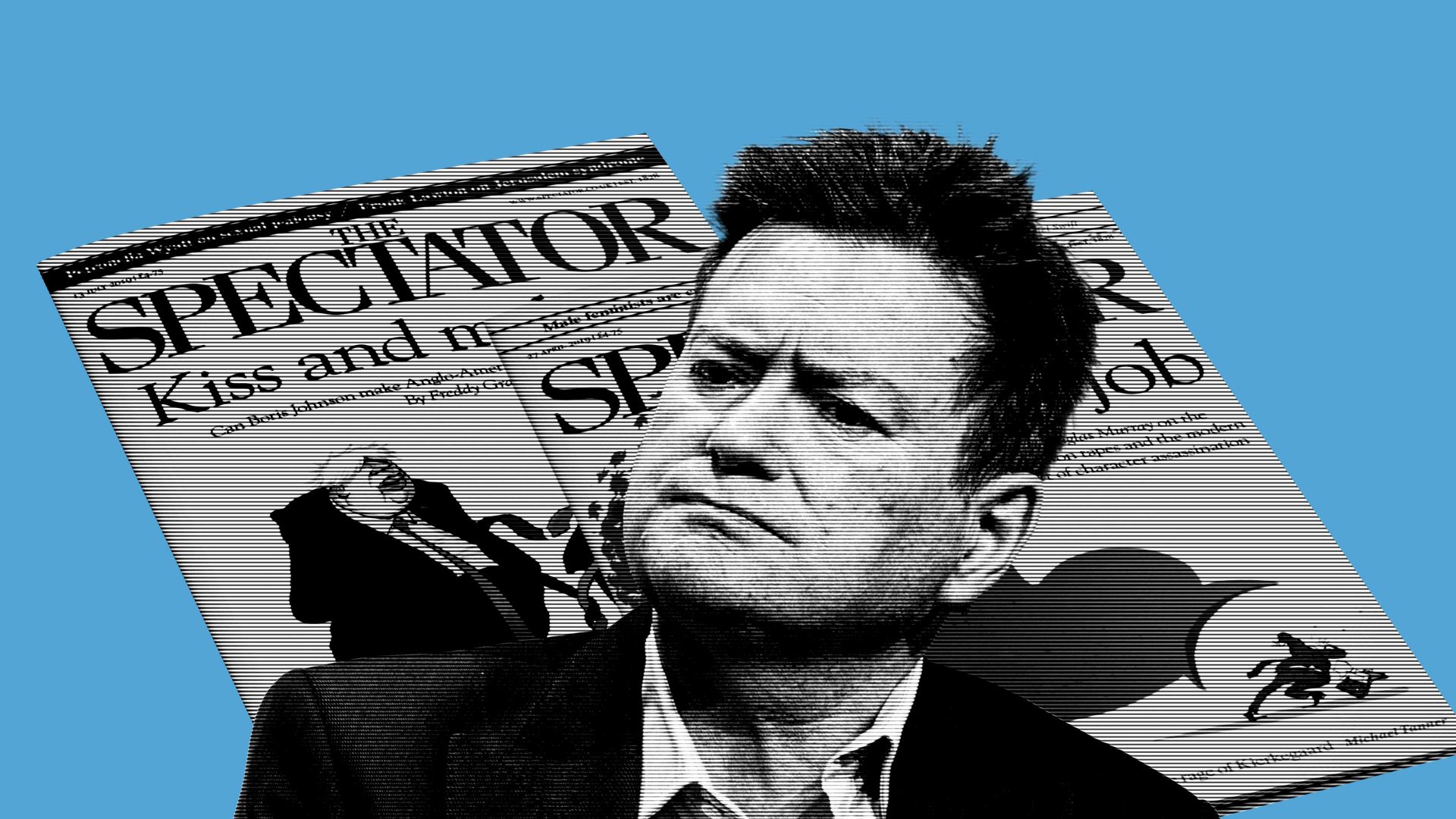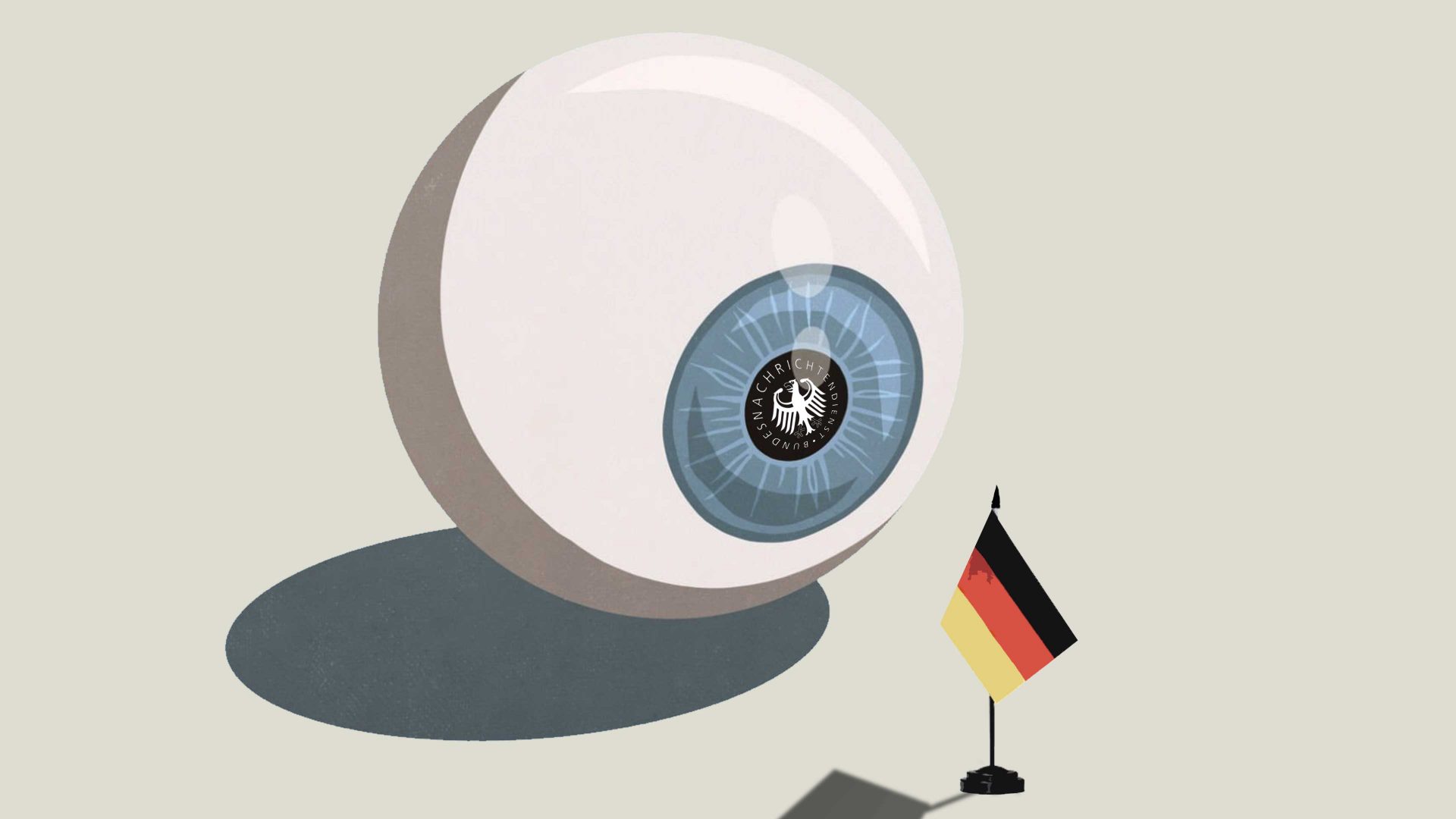Ireland handed Apple €13bn in illegal tax breaks and then, together, they fought a 10-year court case to avoid having to collect the tax. And last week they lost. Apple now has to pay Ireland €13bn it does not want, because – for the third year in succession – it is running a massive budget surplus, thanks to being, er, a tax haven.
The European Court of Justice ruling against Apple and Ireland feels like an issue from a different era. Corporations have long ago phased out the blatant chicanery of the so-called “double Irish” tax arrangement, whereby their Irish subsidiaries were paying tax to companies in Bermuda and the like.
But the row speaks to an ultra relevant issue: Europe’s woeful underperformance in technological innovation and productivity, which are the subject of a visionary report from Mario Draghi, former president of the European Central Bank.
For decades Europe has under-invested in technology, while becoming a major market and tax playground for US and, increasingly, Chinese big tech. As a result, real disposable incomes in America have grown twice as fast as those in Europe – despite many countries in Eastern Europe experiencing spectacular catch-up growth themselves.
Just four out of the world’s top 50 technology companies are European, and none of them of the giant status Apple has achieved.
As Draghi points out, this might not be a problem if the global order were stable. Europe has reaped the benefits of globalisation and trade, even while failing to innovate.
But with the rules-based order falling apart, with America and China entering a long trade war, if Europe wants any kind of strategic autonomy within the new great power system, it has to innovate, or die.
Ireland’s option, of using low corporation taxes plus questionable tax breaks to attract the hi-tech workforce of American companies, is not an option that the entire continent could embrace without losing its freedom of action, both at the corporate level and that of geopolitics.
And it’s not just a geopolitical challenge, but a demographic one. Much of Europe, like the UK, has grown its economy through inward migration. With birth rates reaching the point where populations will start to shrink without new migrants, a straight choice opens up: if you don’t want to be reliant on migration for growth, you have to boost productivity.
Draghi’s solutions are threefold: to deregulate business so that innovative companies can grow; to coordinate Europe’s net zero plans, so that state-led investment strategies work in synergy across the 27 countries, reducing Europe’s eye-wateringly high energy bills; and to adopt a common industrial strategy – so that instead of every country trying to protect its own fighter jet and fashion industry, collaboration replaces needless rivalry.
It’s not hyperbole to say that the future of Europe as a project depends on whether this succeeds. Because viewed in the wider scheme of things, Europe’s future is either to become one of three key players in the new Great Game, or to become the chessboard for the century’s defining conflict, between America and China.
I am not optimistic about Draghi’s project. The European Commission gets it; many of Europe’s most progressive governments get it; but the negative instincts that Draghi identifies are deeply ingrained into both the civil service and corporate cultures of Europe’s nation states, just as they are in the UK.
So politics – both in the EU and the UK – have to be reframed as the struggle for a new vision, just as obvious as the Keynesian economic vision was to its pioneers in the 1930s. It’s about making the pursuit of high growth, clean energy, social cohesion and rising wages a common instinct among policymakers and business leaders, and above all about unleashing innovation.
Draghi’s report identifies a structural problem in Europe’s financial markets that is mirrored here in the UK: there is too little appetite to back entrepreneurial risk. Start-ups are formed; seed capital is allocated – often with government money in the mix; but at the critical moment where you have to go from a prototype to a production model, or from a £4m budget to a £40m budget, there is nobody prepared to take the risk. If the company doesn’t fail, this is the point at which American investors – again under Biden backed by federal tax breaks – step in to buy the company, or its intellectual property, and relocate it to the USA. A report this week from the Council on Geostrategy (where I am an associate fellow) shows that the same essential problem haunts the British start-up sphere.
So, challenging as Draghi’s report is for Europe, it is also a challenge to us. Many of the same problems – low productivity, reliance on migration to fuel headline growth, energy dependence and the absence of effective industrial strategy – blight our economy, too.
And the strategic issue is stark: either we solve these problems together with our European neighbours, or we try to go it alone, framing the EU’s failures as our opportunity and revelling in the problems of disunity Draghi identifies.
That, essentially, was what Brexit was all about. The Tory instinct was always not only to leave Europe but to divide it, and to revel in its failures. Labour, from the get-go, has said it will seek to reframe our relationship with the EU, starting with agreements on agriculture and joint security.
But the Draghi report means the choice is bigger: to the extent that Europe succeeds in reviving its productivity, unifying its markets, freeing itself from dependence on Asia for critical minerals and semiconductors, the UK has to be part of the story. There is no other route out of stagnation.




